The Protocols of Satan, Part 29: Constitutional Vanity

The Protocols of Satan, Part 29: Constitutional Vanity
In the last two segments of these Protocols of Satan, we chose to present what we had called The Nazis and the Protocols, which was a translation and discussion of the introduction to the 1938 National Socialist publication of the Protocols of the Learned Elders of Zion. Some of the material in that introduction relates to later portions of the Protocols, however we wanted to present it all at once. Surely we may cite it again at the appropriate points as we continue our commentary. But our primary reason for making the presentation of The Nazis and the Protocols was in response to what the Protocols had boasted in reference to the constitutions of States which had embraced Liberalism in the recent centuries. In the first part of that introduction to the Protocols the authors had explained the degree of Jewish involvement in the creation of the various State constitutions of 19th century Germany, as well as that of the later Weimar Republic.
Here we shall once again read that latest portion from Protocol No. 3 from the text of Boris Brasol’s publication of The Protocols and World Revolution:
Protocol No. 3:
We have included in constitutions rights which for the people are fictitious and are not actual rights. All the so-called "rights of the people" can exist only in the abstract and can never be realized in practice. What difference does it make to the toiling proletarian, bent double by heavy toil, oppressed by his fate, that the babblers receive the right to talk, journalists the right to mix nonsense with reason in their writings, if the proletariat has no other gain from the constitution than the miserable crumbs which we throw from our table in return for his vote to elect our agents. Republican rights are bitter irony to the poor man, for the necessity of almost daily labor prevents him from using them, and at the same time deprives him of his guarantee of a permanent and certain livelihood by making him dependent upon strikes, organized either by his masters or by his comrades.

 Special Notices to All Who Deny Two-Seedline, Part 3
Special Notices to All Who Deny Two-Seedline, Part 3
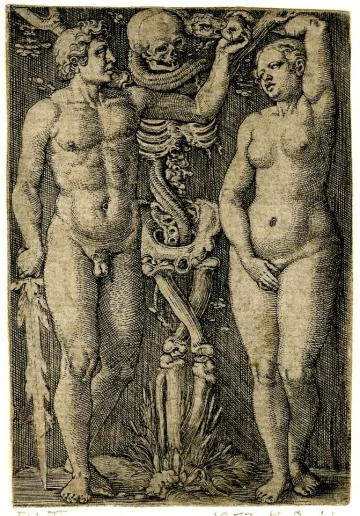
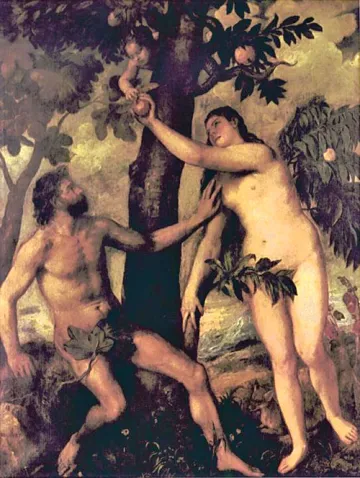


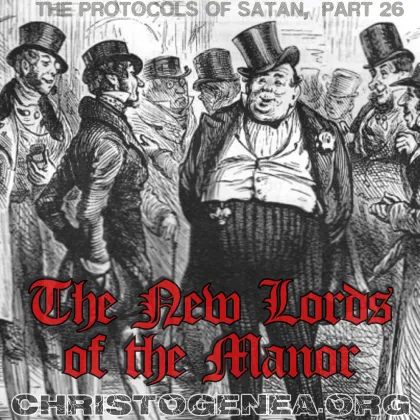


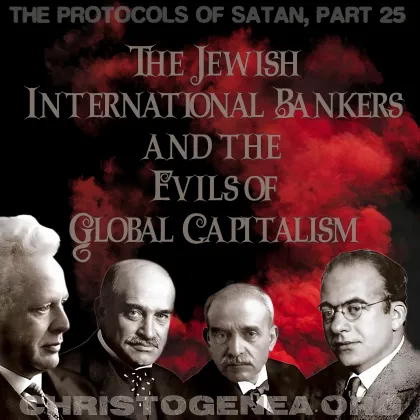


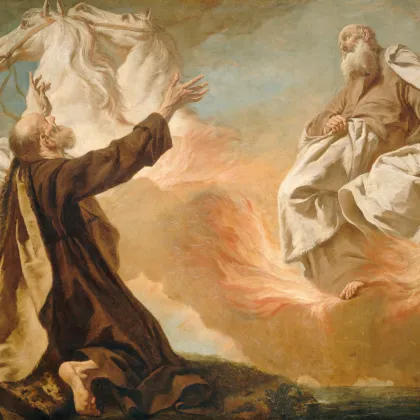








 Please click here for our mailing list sign-up page.
Please click here for our mailing list sign-up page.







